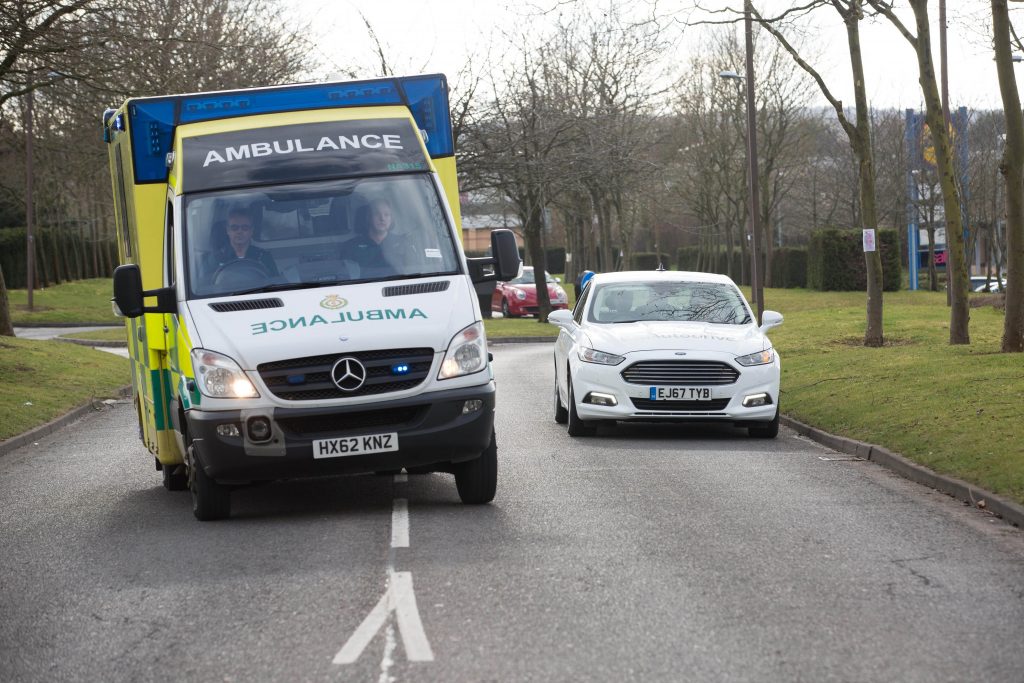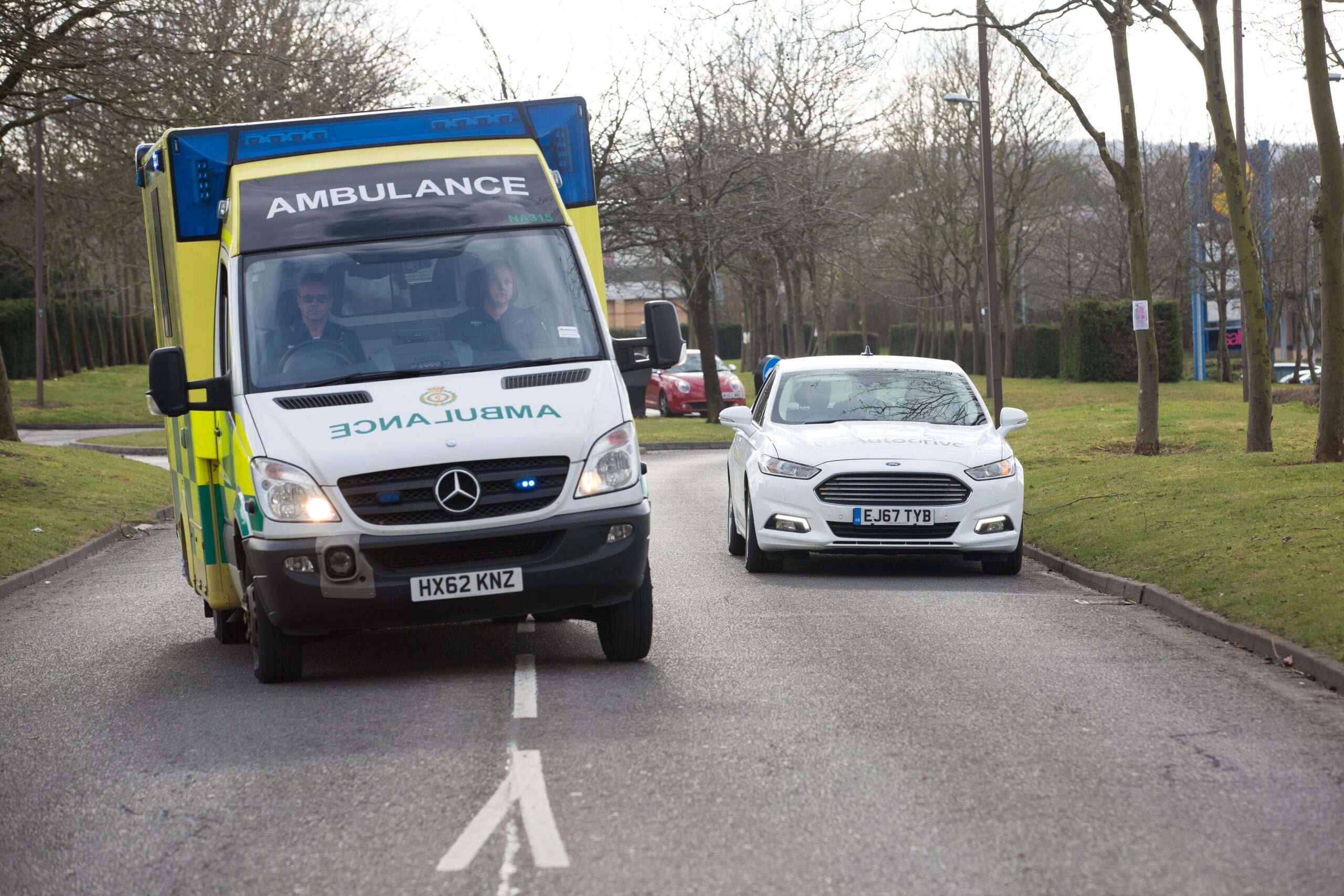Director of Operations, Mark Ainsworth, gives SCAS’ response to today’s report by the BBC:

“SCAS serves a very large and geographically diverse area and there will always be variances in average response times between different postcodes. The Trust is not measured against national response time targets on individual postcode areas which have been highlighted by the BBC.
SCAS is measured on its response times at two contract levels – one covering the whole of the Thames Valley and the second covering Hampshire. Our average response time across the South Central region for Category 1 calls this financial year to date (April 2018-January 2019) is 6:56 and SCAS is one of only four ambulance trusts meeting the national target to reach Category 1 patients in an average of under 7 minutes.
Rural areas are less populous and therefore there is naturally less demand than in urban areas. The Trust uses a sophisticated forecasting model to dynamically deploy our resources across our geography to meet the needs of our patients. This model is accurate to within 3% of actual volume demand 24-7-365.
SCAS has invested in training and equipping military co-responders and fire service responders, as well as community first responders, to help deliver a high quality, responsive service to category one patients in rural areas that are further away from our ambulance stations, hospitals and standby points. Having access to such volunteers and co-responders means that early, life-saving treatment can commence on many patients whilst our ambulance is en route.
Since April 2016, SCAS has had the highest survival rate of all English ambulance trusts for patients leaving hospital after suffering a cardiac arrest; the survival rate in the South Central region between April 2016-September 2018 is just under 14% against an England average of just under 9%.
The Trust has also developed and improved direct access to the right specialist teams in our local hospitals – bypassing the A&E department – for some category one patients such as those suffering a heart attack, stroke or maternity emergency.
According to the BBC FOI figures, the average response time in England in rural areas is 11:26 – 35 of the 43 rural postcodes in the South Central region highlighted in the BBC FOI figures have an average response time below this. Of the eight that have a higher average response time, five of these (in Hampshire) all have low numbers of patients (under 50) which the BBC’s own report has flagged as skewing the average due to the low volume of calls and therefore should not be treated as robust data.
This suggests that despite the challenges of rural parts of the South Central region, patients still receive a good, high-quality service from SCAS compared to some patients living in similar areas in other parts of the country. Finally, as the Association of Ambulance Chief Executives has confirmed in its own response to the BBC report, in most cases the health outcome for rural patients is equally as good as for those in urban areas.”
Ends

